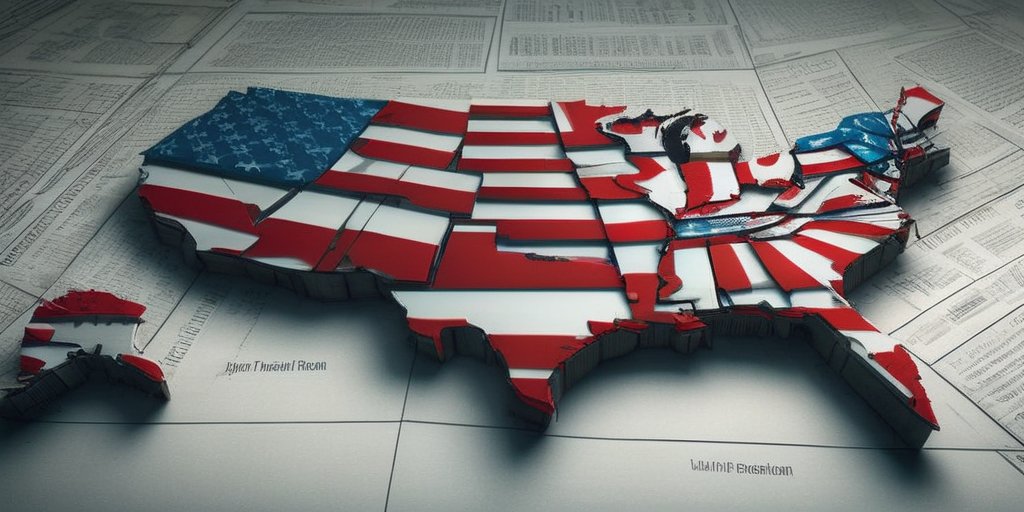President Donald Trump has stirred much anticipation as he promotes April 2 as “Liberation Day” in America, a significant date when his administration is poised to announce a comprehensive tariff strategy aimed at reshaping the economic landscape of the nation. During his first Rose Garden press conference of his second term, Trump is expected to detail plans that have been shrouded in speculation and varying reports.
Press Secretary Karoline Leavitt has indicated that the upcoming announcement will address what the administration calls “unfair trade practices” that have crippled the American economy for decades. Leavitt stated, “The President will be announcing a tariff plan that will roll back the unfair trade practices that have been ripping off our country for decades. He’s doing this in the best interest of the American worker.”
While specifics remain sparse, it is suggested that Trump may adopt a reciprocal tariffs approach — imposing tariffs that match those of other countries dollar-for-dollar. This strategy aims to counter the notably high tariffs some foreign nations apply to U.S. products; notably, Canada reportedly imposes an eye-watering 250% tariff on American dairy products. However, many of these high tariffs are rarely enforced as they greatly limit imports from the U.S.
Critics and analysts have debated the implications of raising tariffs. While the administration suggests that these tariffs are essential for protecting American jobs, others warn that the unintended consequences could hurt the economy. As economists note, tariff increases may result in higher consumer prices on a range of goods, potentially leading to decreased consumer spending and a slowdown in economic activity.
Compounding the uncertainty is the fact that Trump has made contrasting statements regarding the scope and timeline of these tariffs. There have been previous hints at imposing tariffs on numerous sectors including lumber, pharmaceuticals, and microchips. Despite the dragging timeline regarding the actual implementation of various tariffs, Trump appears committed to utilizing tariffs as a primary tool for his economic policy agenda.
With the announcement set for Wednesday, all eyes will be on the details President Trump and his trade advisors lay out, especially considering Navarro’s claim that the U.S. could potentially raise $600 billion from tariffs annually. Such declarations, while bold, have raised eyebrows among financial analysts, questioning the feasibility of these forecasts amid rising concerns about a potential recession.
As Trump gears up to lead this significant economic shift, the broader implications for U.S. trade relations and domestic markets remain to be seen, but one thing is clear: Trump’s upcoming “Liberation Day” could redefine America’s stance in global trade.
